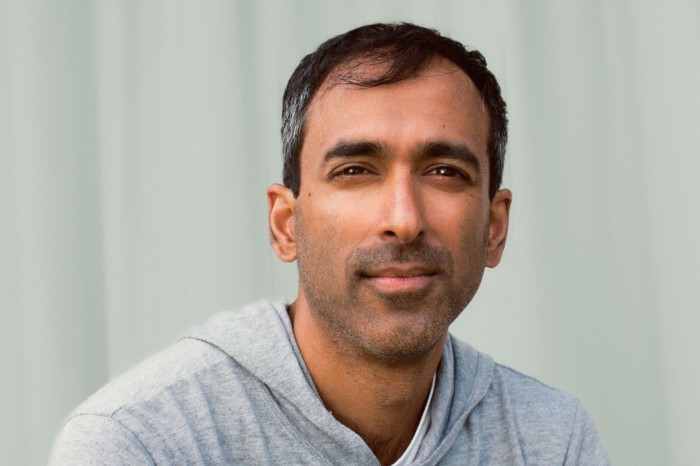
Stay informed with free updates
Simply sign up to the Artificial intelligence myFT Digest — delivered directly to your inbox.
A UK research agency set up to fund high-risk, high-reward projects has launched a £42mn programme that aims to slash the cost of computing for artificial intelligence, as the government seeks to secure a leading role in the fast-developing technology.
The Advanced Research and Invention Agency’s first programme, Scaling Compute, will work to find cheaper and less energy-intensive alternatives to the costly silicon-based digital infrastructure on which AI runs today, reducing the costs by a factor of more than 1,000.
“If successful, this programme will leapfrog well past the current limits of computing power and efficiency, and . . . pave the way for globally accessible, safe and transformative AI,” said Ilan Gur, Aria chief executive.
The government has allocated £800mn to Aria to make bold bets on potential breakthroughs that existing public research bodies would not fund. The agency’s eight programme directors, recruited last year, will play a critical role in deciding how the money is spent.
Suraj Bramhavar, who joined Aria from the US where he was chief technologist at Sync Computing, a spinout from the Massachusetts Institute of Technology, is running the AI project launched on Wednesday.
The research initiative will seek to learn from the way nature and particularly the human brain computes. That would involve moving beyond digital operations, combining memory and calculation.
Bramhavar said Aria would consider bids based on any type of hardware, which might include making better use of silicon or other semiconductors, as well as running AI on biological materials.
The goal of a thousandfold reduction in cost would be measured against standard industry benchmarks.
Researchers from a range of disciplines, sectors and institutions, including universities, start-ups, large companies and public labs, will be invited to apply for funding.
“We have a unique opportunity to break down institutional barriers,” said Bramhavar. “We’re looking to bring together the expertise of material scientists, biologists, hardware experts and electrical engineers, among others to drive progress in new directions.”

“The Aria programme’s approach of challenging conventional computing paradigms . . . will hopefully herald a new era of AI development that is both economically and environmentally sustainable,” said Tomas Lazauskas, principal research software engineer at the Alan Turing Institute, the UK national institute for data science.
“This, in turn, could potentially make AI research more widely accessible, not only to the most well-funded organisations,” said Lazauskas, who is not involved in the programme.
Aria expects to launch other initiatives over the next few months. The interests of the directors suggest that the areas covered will include AI safety, plant engineering, controlling climate and weather, interfacing with the human brain and smarter bodies for robots.
Gur said Aria’s preliminary plans had been “greeted with a lot of enthusiasm” as word about them spread around Britain’s research communities.
“The excitement and engagement to help us shape our programmes — and make sure that we are really pushing the edge of what is possible — has been inspiring.”

